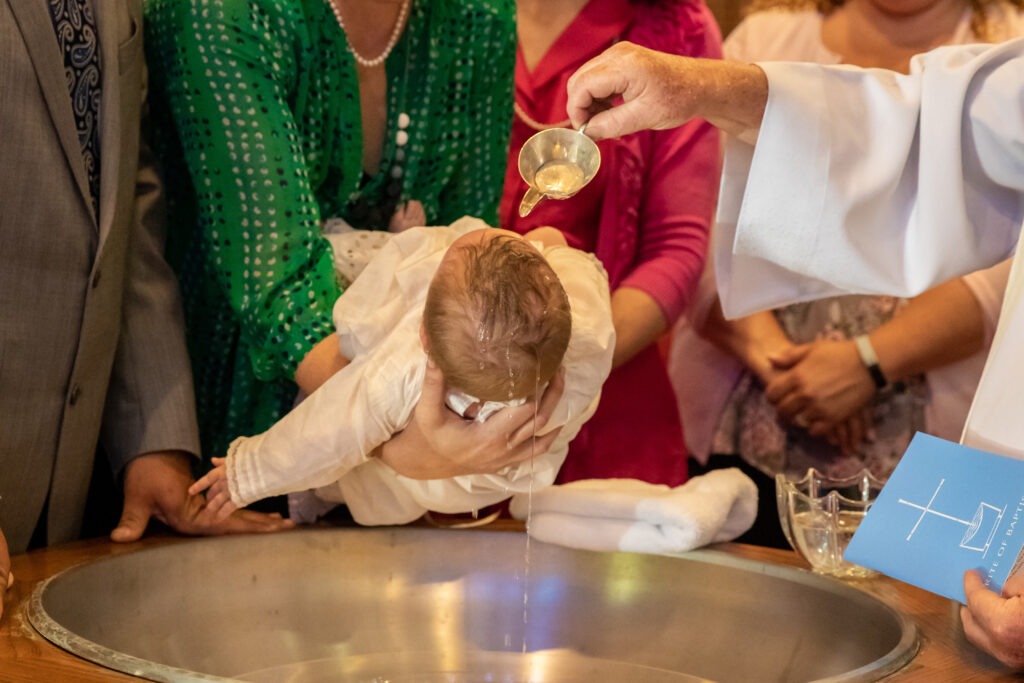The Surprising Truth: Naming Godparents Is Not the Same as Naming Legal Guardians
As a parent, your most important responsibility is ensuring your children are safe, loved, and protected—no matter what the future holds. You plan their education, health care, and experiences with care and intention. Often, part of this planning includes choosing godparents—people you trust to help guide your children if the unthinkable happens.
But here’s a critical truth many parents do not realize:
Naming godparents does not give them any legal authority to care for your children.
That means, unless you’ve taken additional legal steps, your children could end up in the custody of someone you would not choose—or worse, placed temporarily in foster care while a judge decides who should raise them.
In this article, we will walk you through the difference between godparents and legal guardians—and how to ensure your children are always cared for by the people you trust most.
What Is a Godparent?
Traditionally, godparents are chosen to play a meaningful role in a child’s life, particularly in their moral and spiritual development. In many cultures and religions, godparents are present at baptisms or dedications and are expected to support a child’s personal growth throughout their life.
Even in secular families, a godparent might be someone who offers emotional support, mentorship, and guidance. They are the ones your child can turn to for wisdom and friendship—but legally, their role is symbolic. They hold no legal rights or responsibilities unless a court says otherwise.
What Is a Legal Guardian?
 A legal guardian, As opposed to a Godparent, is someone formally given the authority to care for your child if you’re no longer able to. This includes making everyday decisions—from where your child lives, to what school they attend, to what medical treatment they receive. This could occur due to your passing, incapacity, your child traveling with another, or any situation in which you cannot provide care for or make important legal, financial, healthcare or education decisions for your child.
A legal guardian, As opposed to a Godparent, is someone formally given the authority to care for your child if you’re no longer able to. This includes making everyday decisions—from where your child lives, to what school they attend, to what medical treatment they receive. This could occur due to your passing, incapacity, your child traveling with another, or any situation in which you cannot provide care for or make important legal, financial, healthcare or education decisions for your child.
A legal guardian, also called a conservator, may also help manage your child’s financial assets and resources, ensuring their financial well-being. In some cases, if you have created a trust, you may choose to have a different person act as a financial Trustee of the assets you leave for your child, and your chosen Trustee will work alongside the legal guardian to ensure your child is financially supported. In some cases, your guardian, conservator, and Trustee may be the same person. But this is not always advisable. This is a decision we can help you make during a Design Meeting, based on the specifics of your family dynamics.
Why Godparents Alone Are Not Enough
Even if you have named loving, capable godparents, they will not have any legal authority to care for your children unless you’ve also named them (or someone else) as legal guardians in a properly executed legal document.
If no legal guardian has been named and something happens to you:
- A judge (who does not know your family) will decide who takes custody.
- Relatives may disagree, causing costly and stressful custody battles.
- Your children could be temporarily placed in the care of strangers or in the foster system.
- The godparents you’ve chosen may not even be considered for guardianship—especially if they are not legally or biologically related to your children.
- If you have left a sizable amount of money or life insurance or 401k, this can also incentivize the wrong family members to petition for custody of your children.
It is a heartbreaking scenario—and entirely preventable.
Give Your Godparents the Power to Step In
If you’ve already chosen godparents who reflect your values and vision for your child’s future, it is worth considering whether they should also be named as your child’s legal guardian.
By taking the legal steps to formalize their role, you’re empowering the people you trust most to step in and protect your children—without red tape, confusion, or delays.
And if you’re still unsure who the “right” guardian should be, that’s okay. We guide parents through a thoughtful discussion in choosing guardians who genuinely care for your child’s well-being and share your values on a temporary and permanent basis. We also help you consider whether one person should manage both caregiving (guardianship) and finances (conservatorship)—or whether splitting those responsibilities makes more sense in your situation.
You’ve Thought About Their Future—Now Make It Legal
While godparents play a powerful and loving role in your child’s life, legal guardianship is what protects your child when it matters most. We are here to help you make those decisions with clarity and confidence—and to ensure they are legally binding. Plus, we will ensure your guardian has the financial and legal tools needed to give your child the best life possible, if you cannot be there, with a comprehensive Estate Plan. Thereby ensuring that your minor children never end up in foster care or court, ever!
Our firm is dedicated to helping you achieve that for you and those you care about. Let’s make sure your planning and policies reflect your actual wishes, not just the defaults in fine print. We are available Monday-Friday at 480-525-6244, and always by email. We offer a complimentary 30-minute meet and greet for new clients.
Are Your Children Now Adults?
We are offering a class for (former and current) clients who have children 18+ to get their own basic estate plan in place (i.e., power of attorneys, will, etc.). Here’s a link to that group planning session, or you can call the office directly, (480) 525.6244, so you can learn more and take one of our remaining spots.

